Are you asking the question: why is my garage door making noise? If yes, our guide here has all the answers you need to know.
Your garage door is often the last thing you pay attention to in your home. We usually take for granted its daily function in our lives until, suddenly, it cries for attention.
What are the causes for a garage door making noise? A loud garage door can be the first sign of a need for replacement, or it can be as simple as lubricating some parts. A trained professional can help diagnose the problem, but in the meantime, what can you do?
In this brief guide, you will learn how to find the source of the garage door noises and possibly fix it yourself!
Common Garage Door Sounds
In the world of noisy garage doors, issues make themselves known in a wide range of ways. Much like you would need to describe car noises to your mechanic, you’ll need to narrow in on exactly what type of noise your garage door is making.
The most common types of noises that garage doors make are:
- Scraping
- Clinking
- Banging
- Straining
- Squeaking
- Squealing
- Grinding
- Rumbling
- Popping
- Vibrating
- Rattling
- Rubbing
Some of these noises might be very different but could be a symptom of a similar cause. Knowing exactly what noise your garage door makes could help identify the source and the severity of the issue.
Why is My Garage Door Loud?
Frequent issues with garage doors are the need for lubrication, loose nuts and bolts, broken springs, and off-track doors. It’s also possible that your garage doors and openers are old and just need replacing. You can easily rectify some of these problems on your own, or you may need to hire a professional.
Compare the noises you are experiencing with your own garage door to the list below. You can attempt some of the recommended minor troubleshooting on your own before you seek help.
Vibrating, Rattling, or Rumbling
Your noisy garage door might be vibrating or rumbling. If you hear a vibrating noise, the issue could be as simple as some loose nuts or bolts. Check around the track of the door.
Attempt to tighten any nuts and bolts along the track of the door. If this doesn’t help, try using lubrication on the rollers.
If you are hearing rattling, this is probably a more severe version of vibrating. Similar to how you would deal with vibrating, attempt to tighten nuts and bolts and lubricate the moving parts of your doors. You should also check the support rails and chains, which could be loose, and make sure the door is on its track.
If you are hearing a rumbling noise, it could be that springs or coils are loose. A professional will need to tighten the tension springs in your system.
Squeaking, Squealing, or Grinding
If your garage door is making a squeaking or squealing sound, it’s likely you can fix this simply with lubrication. A squeaking noise can mean that there are loose rollers or hinges, so you should tighten and lubricate them.
If you are hearing squealing, lubricate all the moving parts of your garage door. If the issues persist, you should call a professional. The door might need to be put back on the track or reinstalled.
You’ll also need to lubricate if you are hearing grinding noises. This noise could be coming from loose rollers or hinges that need lubrication. If your issue persists, however, you may need a professional to check for stripped-out trollies or improper installation.
Clinking or Popping
If your garage door is making a clinking noise, it could be rust. When rust builds up over time, it starts to make the parts of your door rub together and not work properly. Your spring coils could be rubbing together due to rust, so you’ll need to replace them.
If you are hearing popping, the torsion springs might have completely snapped. You’ll need to call a professional to replace the springs.
Banging or Scraping
If you hear a banging sound, the issue could be a bit more involved. You might need to get the garage door back on its track, or you might need to have your door panels replaced.
If you hear scraping, this is a bit worse. Your garage door might be scraping against your house. In this case, your garage door is off-balance and will need to be serviced by a professional.
Straining or Rubbing
If your garage door is straining, you’ll need to investigate further. It’s possible that your garage door motor is too weak to open the door and needs replacement. You might also have insufficient power in your garage.
If you hear rubbing noises, it could be that the tracks are too tight or bent and are preventing your door from opening properly. You’ll need a professional to realign your garage door and tracks.
Garage Door Noise Prevention
Garage doors need regular maintenance and attention, but many homeowners neglect them. If you are trying to save money and frustration, it’s a good idea to maintain your garage doors and avoid costly damages. When taken care of properly, garage doors can last you up to 30 years!
You can hire a professional to routinely inspect your garage doors and replace any parts so that your garage doors are always running smoothly. You can also do regular inspections yourself, lubricating and checking for rust or loose parts.
You’ll also want to clean your garage doors to prevent dirt and oil buildup. Cleaning regularly can help you spot issues well before the obvious signs.
Stop Your Garage Door Making Noise
Now equipt with important knowledge about your garage door, you can easily diagnose the problem and take steps towards a solution. If you find your garage door making noise again in the future, you’ll know exactly what to do.
Garage Harmony is the lead provider for residential and commercial garage doors in Portland, Vancouver, and beyond. With competitive pricing and amazing customer service, we can quickly determine your garage door needs and offer maintenance, repair, and installation services with lightning speed.
Contact us today or call to say goodbye to that noise!

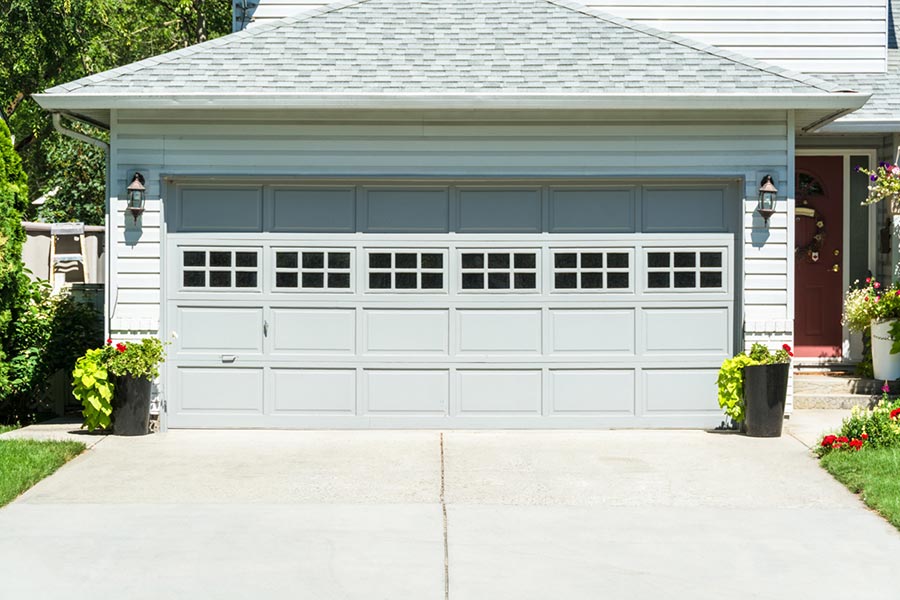
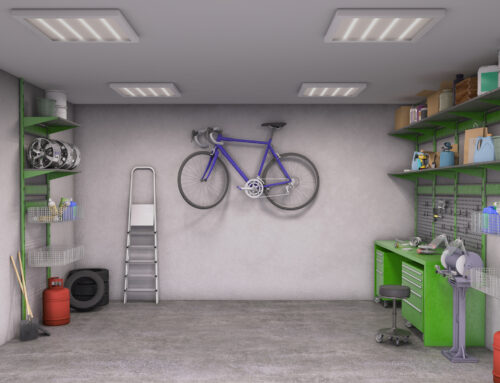
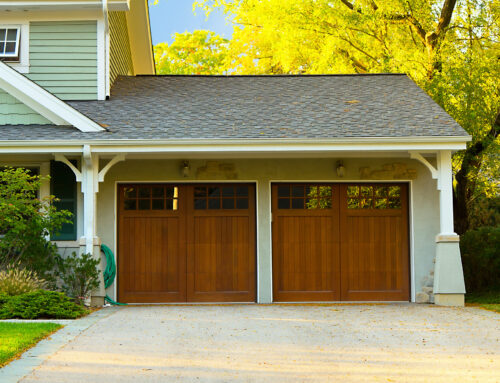
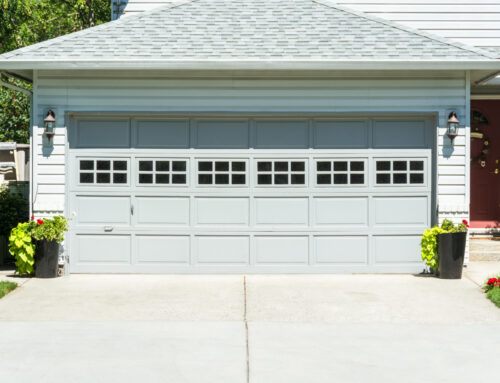
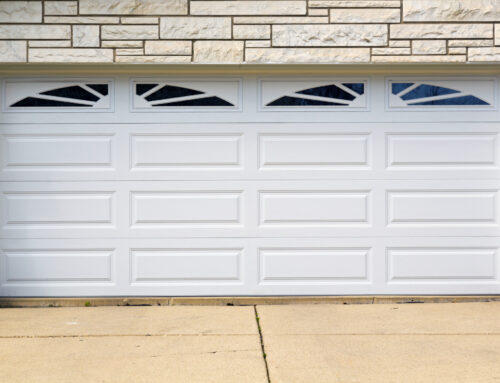
Leave A Comment